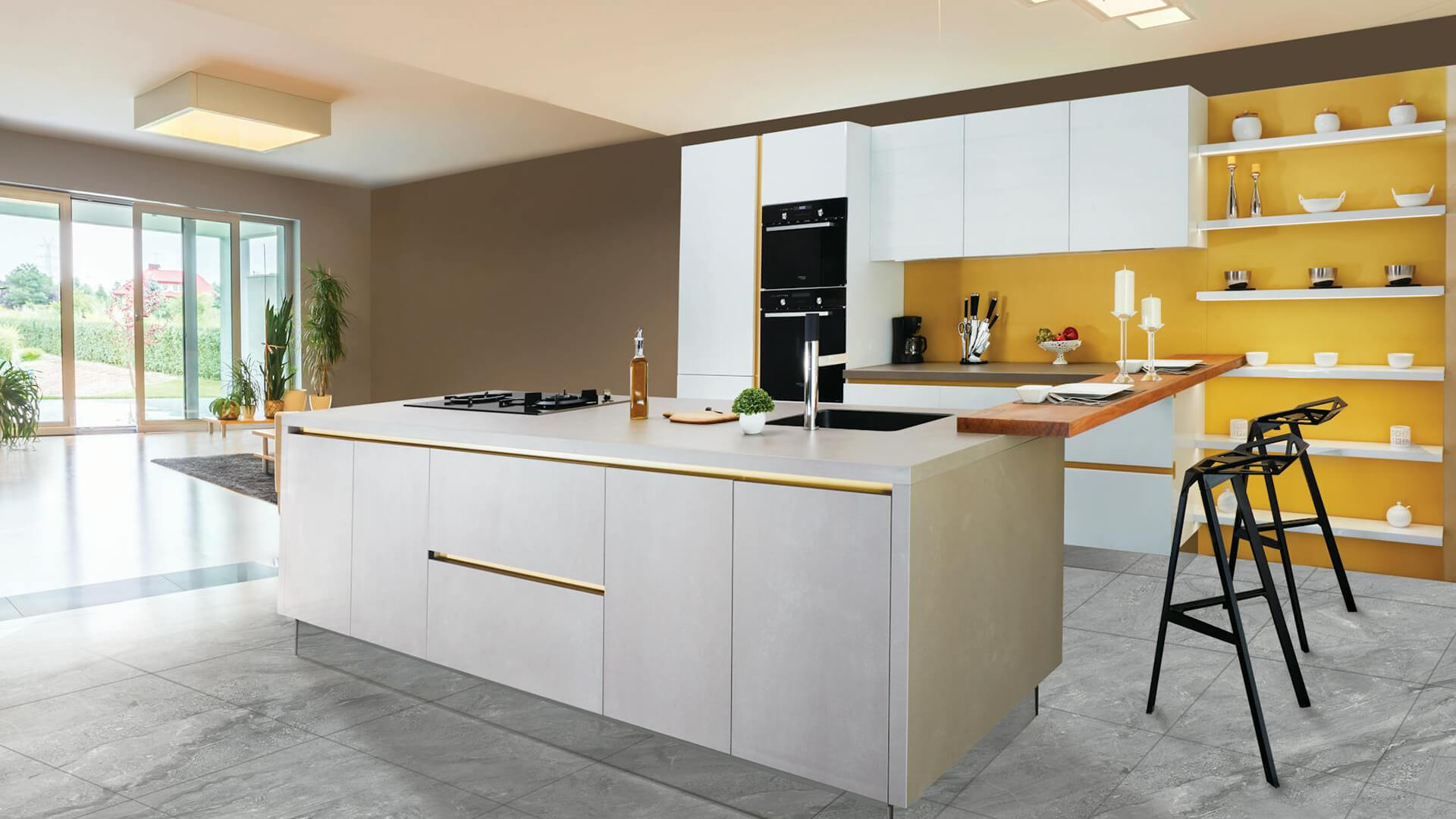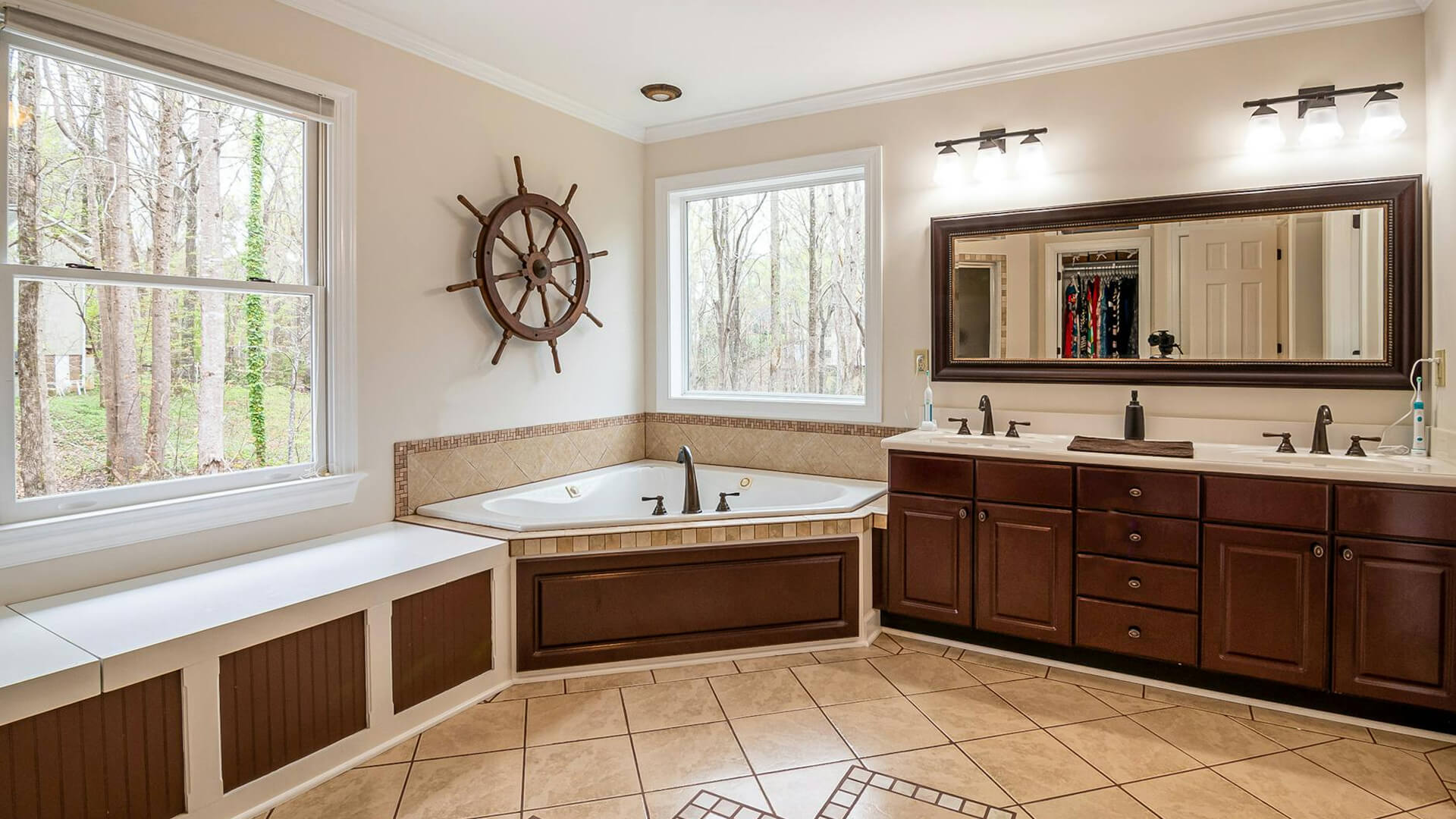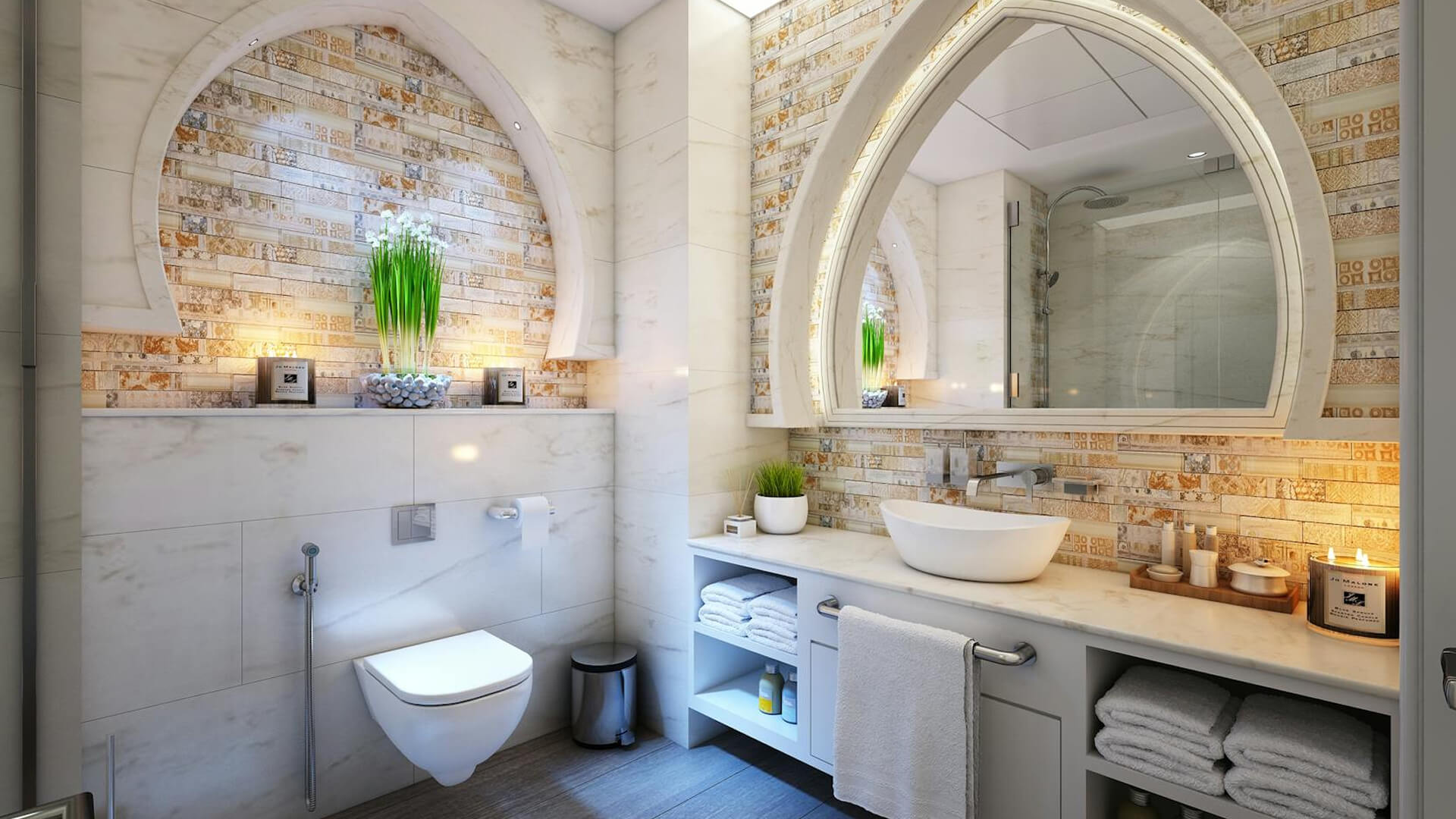

April 12, 2024

Planning a renovation is exciting, but it's also easy to make costly mistakes that can derail your project. At Rideout Contracting, we've seen it all—and we're here to help you avoid the most common pitfalls. Whether you're remodeling a bathroom, adding a room, or undertaking a full home renovation, these tips will help ensure your project goes smoothly.
Many homeowners start their renovation without a clear budget, only to run into financial surprises midway through. One of the biggest mistakes is underestimating costs or failing to account for unexpected expenses. Creating a comprehensive budget is the foundation of any successful renovation project, yet it's often the most overlooked step.
Start by getting detailed estimates from multiple contractors. These should break down costs for materials, labor, permits, and any specialized services you'll need. Don't just look at the bottom line—examine each line item to understand where your money is going. This transparency helps you identify areas where you might save or where you should invest more for quality.
Always add a 10–15% contingency buffer for surprises. Renovation projects frequently uncover hidden issues—outdated wiring that needs updating, water damage behind walls, asbestos that requires professional removal, or structural problems that weren't visible during initial inspections. These discoveries can't always be predicted, but you can prepare financially for them.
Consider prioritizing your wish list. Separate your "must-haves" from your "nice-to-haves" so if budget constraints arise, you know which elements are non-negotiable. Working with an experienced contractor like Rideout Contracting ensures transparent pricing from the start, with detailed proposals that help you understand exactly what you're paying for and why.
Skipping building permits may seem like a shortcut to save time and money, but it can lead to serious consequences that far outweigh any perceived benefits. Building permits exist to ensure that construction work meets local safety codes and regulations—they're not just bureaucratic red tape.
Projects done without proper permits can result in significant fines from your local municipality. In some cases, you may be required to completely undo completed work, remove it, and start over with proper permits—an expensive and frustrating setback. Even worse, unpermitted work can severely affect your home's resale value. When selling, home inspections will likely reveal unpermitted renovations, which can scare off potential buyers or force you to reduce your asking price.
Insurance complications are another major concern. If unpermitted electrical work causes a fire, or unpermitted plumbing leads to water damage, your homeowner's insurance may refuse to cover the damages. This could leave you financially responsible for repairs, legal issues, and potential liability claims.
Different types of renovations require different permits. Structural changes, electrical work, plumbing modifications, and additions almost always require permits. Even some cosmetic changes might need approval depending on your local regulations. Always check with your local building department or work with a contractor who knows the requirements.
At Rideout Contracting, we handle all permit requirements as part of our standard service. We're familiar with local building codes, know what permits are needed for different projects, and manage the application process so you don't have to navigate the bureaucracy yourself. We also coordinate required inspections at appropriate project stages to ensure everything meets code.
Aesthetic upgrades are important—a beautiful space can improve your daily mood and increase your home's value. However, don't overlook functionality. A stunning kitchen with impractical storage or poor traffic flow won't serve your daily needs and will become a source of frustration rather than joy.
When planning your renovation, think critically about how you actually use the space. In a kitchen, consider your cooking habits: Do you need space for multiple people to work simultaneously? Where should the refrigerator, stove, and sink be positioned to create an efficient work triangle? How much counter space do you realistically need for food prep? Where will you store small appliances, pots and pans, and dry goods?
Storage is often underestimated. It's easy to fall in love with open shelving or glass-front cabinets, but consider whether you have enough closed storage for items you don't want on display. Think about drawer organizers, pull-out shelving, lazy susans for corner cabinets, and vertical dividers for baking sheets and cutting boards.
Lighting is another functional element that's crucial for any space. You need adequate task lighting for work areas, ambient lighting for general illumination, and accent lighting to highlight design features. Don't sacrifice brightness for aesthetics—poor lighting makes spaces less functional and can even be dangerous in areas like staircases or kitchens.
Electrical outlet placement is surprisingly important. In kitchens, you need enough outlets for appliances. In bathrooms, outlets should be conveniently located but properly protected with GFCI circuits. In living spaces, consider where you'll place furniture and electronics—nothing's more frustrating than beautiful new built-ins with no convenient outlets nearby.
The best renovations balance style with practicality to create spaces that look great and work even better. Our team at Rideout Contracting brings decades of experience helping homeowners think through these functional considerations while still achieving the aesthetic they desire.
While it's tempting to go with the lowest bid, this approach can often lead to poor quality work, hidden fees, or contractors who cut corners to maintain their profit margins. The cheapest option is rarely the best value in the long run, and the cost of fixing substandard work often exceeds what you would have paid a quality contractor initially.
Low bids can be red flags for several reasons. The contractor may be inexperienced and underestimating the actual cost of the project. They might plan to use inferior materials to stay within their bid. They could lack proper licensing and insurance, putting you at legal and financial risk. Or they may be planning to charge you for "unexpected" costs throughout the project through aggressive change orders.
Instead of focusing solely on price, evaluate contractors based on multiple factors. Check their reputation through online reviews, Better Business Bureau ratings, and references from past clients. Ask to see examples of their previous work—photos or even visits to completed projects if possible. Verify they have proper licensing for your state and adequate insurance coverage including general liability and workers' compensation.
Experience matters significantly in construction. An experienced contractor has encountered and solved countless problems. They know how to handle unexpected issues that arise, can suggest better solutions you might not have considered, and understand how to sequence work efficiently. They also have established relationships with quality subcontractors and suppliers.
Clear communication is essential for a successful project. During initial consultations, assess whether the contractor listens to your needs, asks thoughtful questions, and explains their approach clearly. They should provide detailed written proposals that break down costs, specify materials and brands, outline the project timeline, and detail what is and isn't included in the scope of work.
A slightly higher upfront cost with a quality contractor like Rideout Contracting means better materials that last longer, skilled craftsmanship that meets or exceeds code requirements, proper project management that keeps work on schedule, and peace of mind that your project will be done right the first time. We stand behind our work with warranties and maintain long-term relationships with our clients—your satisfaction is our reputation.
Renovations are messy and disruptive—dust, noise, limited access to parts of your home, and strangers working in your space are inevitable. Many homeowners underestimate how much this will affect their daily routine and family life. Failing to plan for the disruption can turn an exciting renovation into a stressful ordeal.
Before starting, create a realistic plan for managing the disruption. If you're remodeling a kitchen, set up a temporary kitchen in another area. A microwave, toaster oven, slow cooker, and coffee maker in a spare room or garage can keep you fed without constant restaurant bills. Set up a washing station for dishes, or plan to use disposable plates and utensils.
For bathroom renovations, establish which bathroom family members will use. If you only have one bathroom being remodeled, consider whether you need to arrange alternative facilities—perhaps staying with family, using a gym membership for showers, or even renting a portable bathroom for the duration.
Dust and debris are unavoidable in construction. Establish clean zones in your home where contractors shouldn't enter with work boots. Use plastic sheeting and zipper doors to contain dust in the work area. Plan for more frequent cleaning during the project, especially if family members have allergies or respiratory sensitivities.
Noise is another significant factor. Construction happens during business hours, typically 7 AM to 5 PM on weekdays. If you work from home, you may need to arrange alternative work locations during loud phases like demolition or when power tools are in heavy use. Consider your children's school schedules, nap times for young children, or pets that might be stressed by constant noise and activity.
Communicate schedules clearly with your contractor. Understand the project timeline and which phases will be most disruptive. Ask about daily cleanup procedures—a good contractor should leave your home in a reasonably clean state each evening. Discuss security measures for when your home is opened up or workers have access.
Some homeowners choose to temporarily relocate during major renovations, especially for whole-house projects or when renovating essential spaces like kitchens and bathrooms. While this adds cost, it can significantly reduce stress and may even speed up the project since contractors have unimpeded access.
Setting realistic expectations upfront will reduce stress throughout the project. At Rideout Contracting, we help you understand what to expect during each phase, maintain clear communication about schedules and progress, and do our best to minimize disruption while maintaining project momentum.
Avoiding these common mistakes starts with choosing the right contractor. At Rideout Contracting, we bring over 25 years of experience to every project, providing transparent pricing, expert planning, and quality workmanship you can trust. Contact us today for a free estimate and let's turn your renovation dreams into reality—the right way.

Discover the colors, materials, and layouts defining modern kitchens this year.
March 12, 2025

Smart remodeling ideas to make your compact home feel bigger and brighter.
November 12, 2023